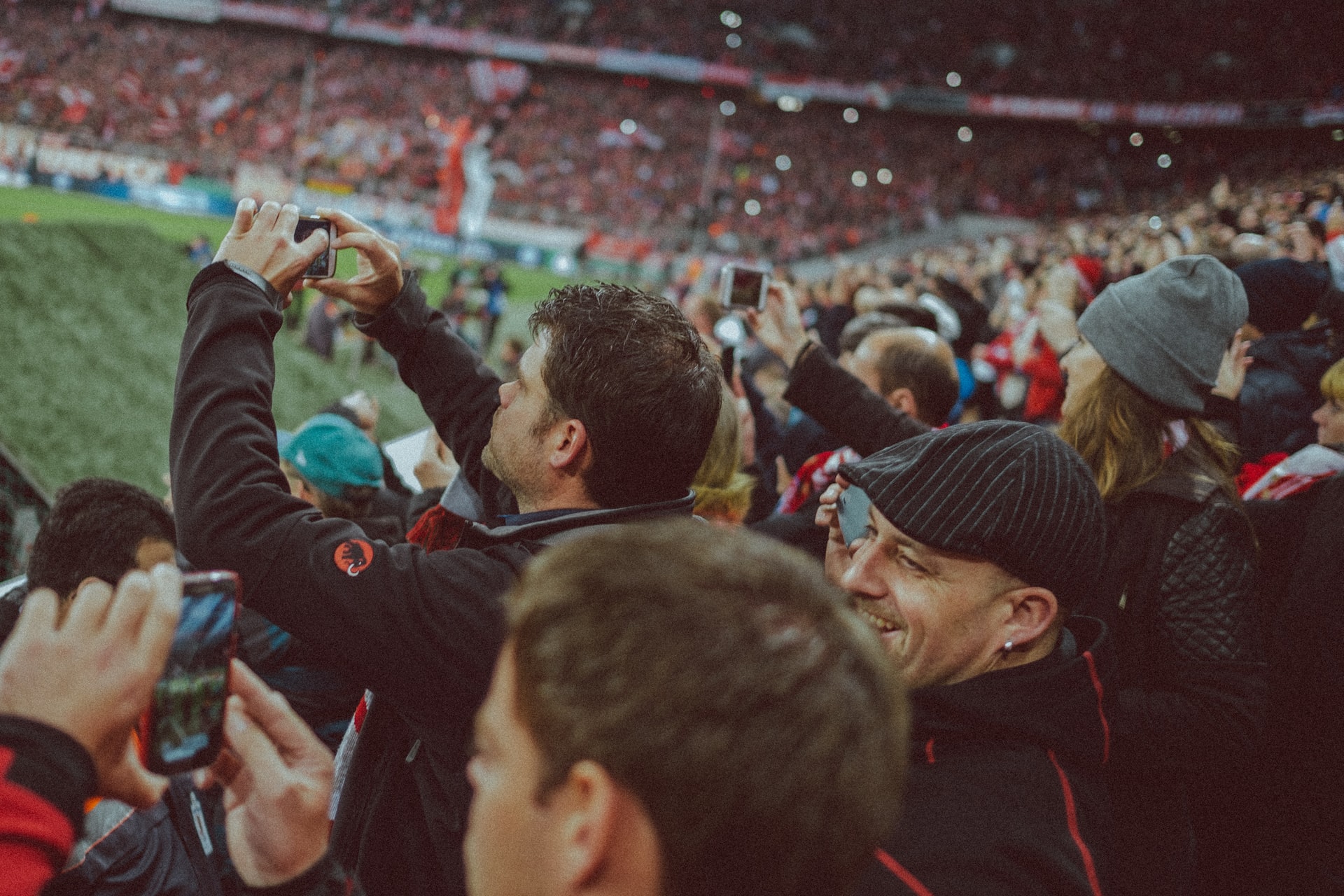
Comment Writer Samir Sehgal looks at the behaviour displayed by fans at the Euros in a wider context, arguing that classism has a significant influence on football hooliganism
Looking back at the Euros, it still feels unreal that England reached a major competition final for the first time in over 50 years. While they may not have won, they did the nation proud in a time when there is not much to be proud of. Unfortunately, such events were partially overshadowed by the racism and hooliganism that many have come to associate with the sport.
“While they may not have won, they did the nation proud in a time when there is not much to be proud of
Attitudes towards the ‘working-classes’ and football fans have largely been entwined with politics as well as the broader socio-economic climate of the era. Football hooliganism as a concept was largely first identified in the 1880s, becoming recognisable as an element of English football in the 1960s, it was at this time when ‘the English Disease’ was first identified, with Everton’s ultras becoming renowned for violence and all round thuggery on matchdays. Nonetheless, it was not until the 1970s when such hooligan gangs took on an explicitly neo-Nazi or racist bent. Britain’s second wave of fascism was sweeping the nation alongside the growth of the National Front political party and increasingly attacks against black players, both verbal and physical, who were emerging for the first time at the high level, were a common theme among hardcore football fans. This trend would continue into the 1980s, reaching a peak in 1985 when fans were deemed responsible for in large-scale rioting in Luton when Millwall played Luton Town in the quarter-final of the FA Cup, leading to Thatcher to form a ‘war cabinet’ to combat ‘football hooliganism’.
It is at this point where we muddy the waters, because here we must consider the class-based prejudice insinuated when we discuss ‘football hooliganism’. Football has always been a predominantly working-class game, with large working class fanbases.
“Football has always been a predominantly working-class game, with large working class fanbases
“The growth of ‘football hooliganism’ falls in-line with the gradual decline of working-class power and solidarity
In my opinion, the growth of ‘football hooliganism’ falls in-line with the gradual decline of working-class power and solidarity, with weakened unions, longer hours and higher levels of urban poverty, leading to higher rates of alcoholism and drug abuse. Mixed-in with an increasingly multi-cultural society and a media consistently dog whistling on the ‘threat’ foreigners pose to British jobs and the subsequent re-growth of far-right politics. Nevertheless, while a problem, we must remain vigilant of those who seek to use ‘football hooliganism’ as a tool of division between white and ethnic minority working-class communities. Therefore, the racial abuse and drunken hooliganism in the aftermath of England’s defeat must be expected, because this culture, this English disease, is a by-product of the rot of neoliberalism set over 40 years ago.
More From Comment
The Power of a Positive Vision
Are the Police Doing Enough to Prevent Violence Against Women? The Short Answer is No.
The Mental Toll of COVID-19: Why the Government Have Failed to Deliver on Children’s Mental Health
Comments